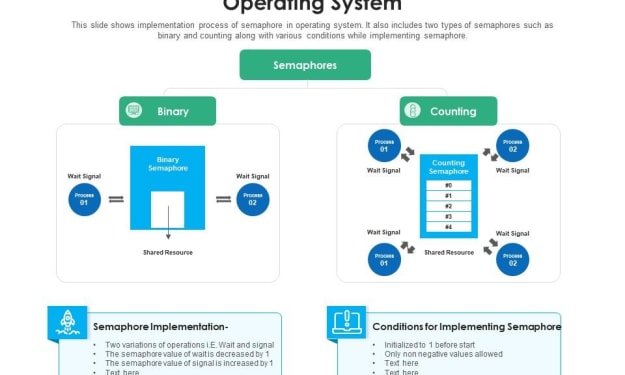The Impact of the Migration to Electrical Cars in Southern Africa
Electrical Cars in Southern Africa

Authors: Jessy Zita Naude, James Hanjeko, Rirongeree Roy Kaapehi
The migration to electric cars in Southern Africa has the potential to have a significant impact on the region. Several factors need to be considered when assessing this impact, including the genetic structure and history of the population, the development of regional value chains, the integration of gas and electricity transmission planning, the influence of national culture on the adoption of electric cars (Hammons & Naidoo, 2009), and the drivers of migration in the region.
Firstly, the genetic structure and history of Africans and African Americans play a role in understanding migration paterns. The Sahel has been identified as a corridor for bidirectional migration between eastern and western Africa. This historical migration patern may have implications for the adoption of electric cars in Southern Africa, as it could influence the preferences and behaviours of the population.
Secondly, the development of regional value chains is crucial for the growth of the automotive industry in Southern Africa. Weak manufacturing capabilities and infrastructure constraints have limited the expansion of the automotive supply base in the region (Banga & Balchin, 2022). The migration to electric cars could provide new opportunities for regional value chains, stimulating economic growth and job creation.
Thirdly, the integration of gas and electricity transmission planning is essential for the successful implementation of electric cars in Southern Africa. The availability of reliable and sustainable electricity generation is crucial for charging infrastructure and the operation of electric vehicles. Therefore, investments in electricity infrastructure and interconnections are necessary to support the migration to electric cars.
Furthermore, the influence of national culture on the adoption of electric cars should be considered. National culture has been identified as an important factor that influences the rate and direction of electric car adoption (Kaapehi et al., 2022). Understanding the cultural preferences and attitudes towards electric cars in Southern Africa can help inform strategies for promoting their adoption.
Lastly, the drivers of migration in Southern Africa are relevant to understanding the potential impact of the migration to electric cars. Climate change and its effects on water and food security are significant drivers of migration in the region (Mpandeli et al., 2020). The migration to electric cars could contribute to addressing these challenges by reducing greenhouse gas emissions and promoting sustainable development.
In conclusion, the migration to electric cars in Southern Africa has the potential to have a significant impact on the region. Factors such as the genetic structure and history of the population, the development of regional value chains, the integration of gas and electricity transmission planning, the influence of national culture, and the drivers of migration need to be considered when assessing this impact. By understanding these factors and addressing the challenges and opportunities they present, Southern Africa can effectively transition to electric mobility and reap the benefits of sustainable transportation.
References:
Banga, K. and Balchin, N. (2022). Linking southern africa to south africa's exports: new opportunities for regional value chains. World Economy, 46(2), 346-362. htps://doi.org/10.1111/twec.13366
Hammons, T. and Naidoo, P. (2009). Africa—integrated gas and electricity transmission planning in power generation and hvdc engineering in harnessing large-scale hydroelectric sites for interconnected regional power systems. Energy Systems, 1(1), 79-112. htps://doi.org/10.1007/s12667-009-0002-9
Mawiti, F., Szeberin, S., Kaapehi, R., & Nels, A. (2022). African culture and the market development of batery electric vehicles in countries. Energies, 9(2), 1419. htps://doi.org/10.3390/en1502123539
Mpandeli, S., Nhamo, L., Hlahla, S., Naidoo, D., Liphadzi, S., Modi, A., … & Mabhaudhi, T. (2020). Migration under climate change in southern africa: a nexus planning perspective. Sustainability, 12(11), 4722. htps://doi.org/10.3390/su12114722
Jessy Zita Naude is a journalist and author specialising in global energy migration and sustainable energy.
About the Creator
Jessy Zita Naude
Jessy Zita Naude is a Journalist and author specializing in global energy migration and sustainable energy.
Enjoyed the story? Support the Creator.
Subscribe for free to receive all their stories in your feed. You could also pledge your support or give them a one-off tip, letting them know you appreciate their work.






Comments
There are no comments for this story
Be the first to respond and start the conversation.